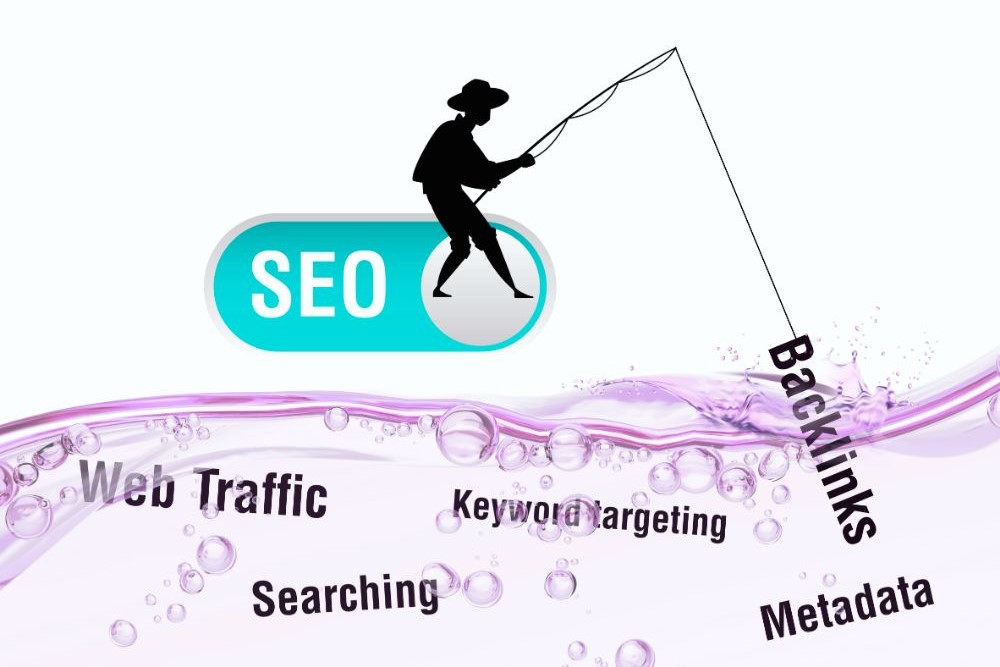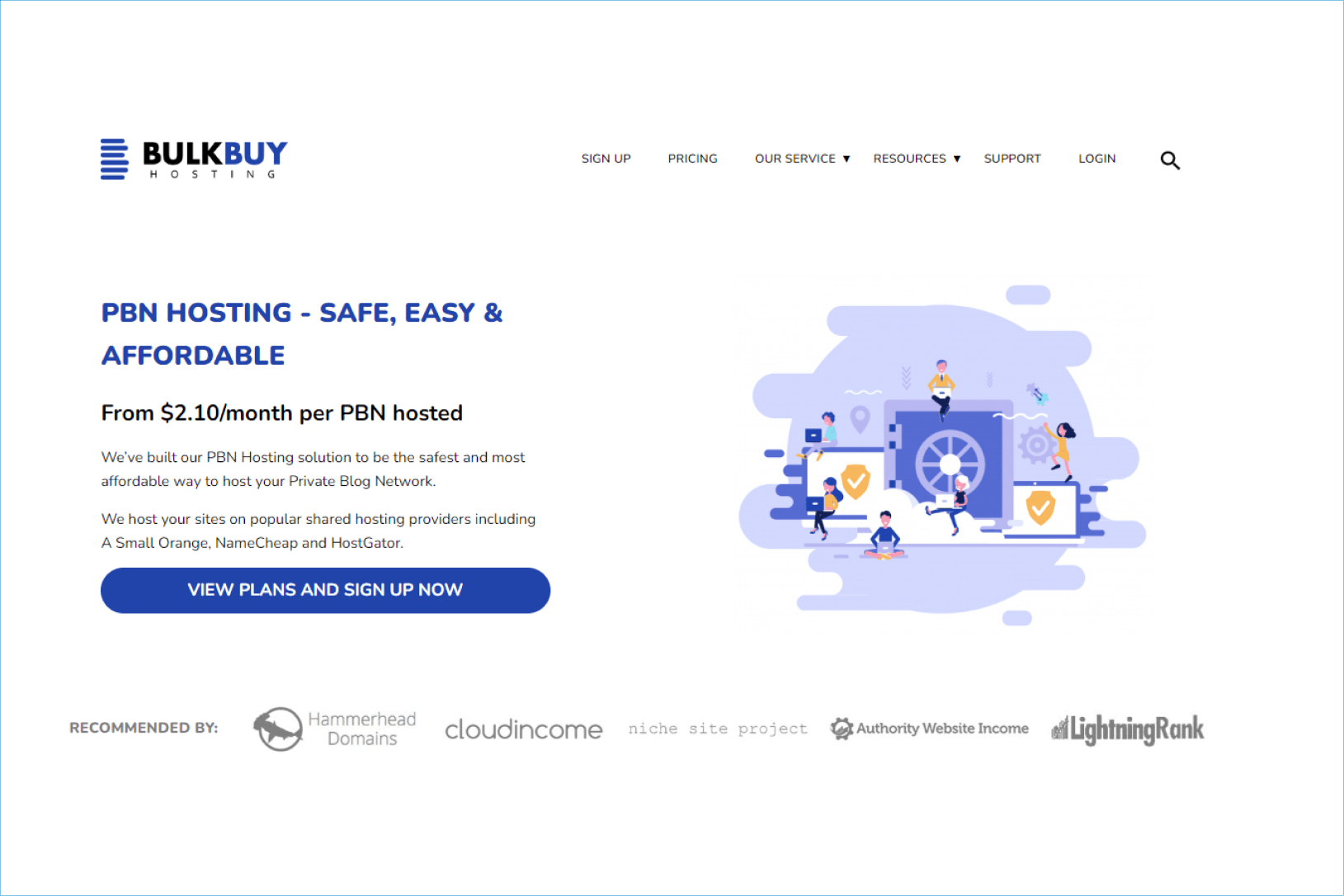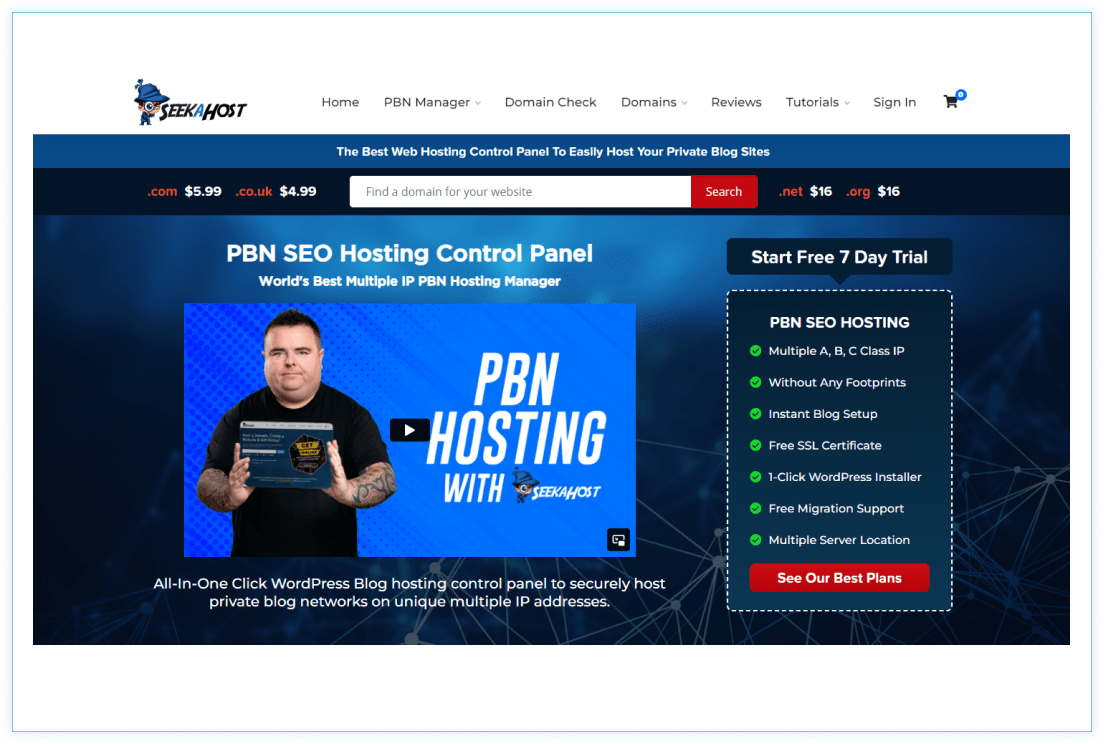
While domain extensions don’t directly affect your website’s SEO ranking, choosing a good one is essential for making your website easy to find and connect with your audience. However, selecting the right domain extension for your business can be challenging.
With so many options out there and new ones popping up, how can you find the best fit for you?
Well, in this article, we will share our professional tips about domain extensions to help you select the best domain extensions for your SEO strategy.
What is a Domain Extension?
A domain extension, also known as a top-level domain (TLD), is the suffix that follows the domain name in a web address, such as .com, .org, or .net. Originally created to classify websites by their type, the purpose of domain extensions has evolved over time. Today, they play a crucial role in the success of effective SEO strategies, becoming an integral component of online visibility and overall success.
You can read our article What Is a Top-Level Domain (TLD)? to learn more.
Do TLDs Affect SEO?
Domain extensions can have an impact on SEO, but their influence is not direct. The choice of domain extension can affect user perception and trust, indirectly affecting your SEO.
Here are some key points to consider:
User Trust and Perception
Users often trust and remember more common TLDs like .com. As a result, websites with these more familiar extensions may experience higher click-through rates and user trust.
Local SEO
Country-code TLDs (ccTLDs), such as .uk or .ca, are associated with specific countries. Using a ccTLD can signal search engines that your website is geographically relevant to a particular region.
Industry Relevance
Choosing a TLD that aligns with your industry or niche (e.g., .io, .tech, .blog) can contribute to a more memorable and relevant domain name. Learn how to choose the right domain name here: https://quirk.biz/domain-name-best-practices/
Avoiding Spammy TLDs
Some less common or newer TLDs have been associated with spammy or low-quality websites. Using such TLDs might lead to users and search engines approaching your site with skepticism, which could harm your SEO.
Why the .com is Considered to Be The Best TLD for SEO
Some of the most popular websites in the world, like people.com, nytimes.com, and theguardian.com, are using the .com extension.
Here are several factors why .com domain extension is considered the best for SEO:
- Popularity: .com is the most popular and widely used domain extension, with around 52% of all websites using it. This makes it the most memorable and recognizable option for users.
- Credibility and Authority: Many established and well-known websites use the .com extension. As a result, having a .com domain can give you a sense of credibility and authority, which can positively impact user trust and confidence in your site.
- Memorability: .com is easy to remember, and users are more likely to recall a website with a .com extension. This can lead to direct type-in traffic, where users simply type the domain name with “.com” into their browsers.
- Global Recognition: .com is a generic and global TLD, making it suitable for businesses with an international audience. It doesn’t imply a specific country or region, contributing to its versatility for businesses targeting a global market.
- No specific requirements: In contrast to certain country-specific or industry-specific domain extensions, .com domains do not have specific rules or restrictions. This makes it useful for businesses operating across various countries or industries.
- Default Browser Behavior: Internet browsers often autocomplete URLs by adding “.com” to the end of typed search queries. If a user searches for a business or website without specifying the TLD, the browser typically assumes .com. This default behavior can further drive traffic to .com domains.
- Natural Backlinks: .com domains get more natural backlinks due to their widespread usage, which can indirectly boost your website’s SEO.
- Availability: Despite its popularity, .com still offers many available domain names. While premium domains may come with a high price tag, you can usually find a suitable .com domain for your project.
- Greater Resale Value: .com domains boast a higher resale value than other domain extensions, placing them as a cost-effective long-term investment.
Other Good TLDs for SEO
While .com is the most popular and recognized domain extension, there are other reputable options you should consider:
The .org Domain
- The .org domain is traditionally used by non-profit organizations.
- It is perceived as trustworthy and authoritative.
- It is suitable for informational and community-focused content.
The .net Domain
- The .net domain is originally created for network-related websites.
- It offers a sense of reliability and connectivity.
- It is suitable for technology and networking-focused content.
The .edu Domain
- The .edu domain is designed for educational institutions.
- It is highly trusted by search engines.
- It is ideal for academic and educational content.
The .org Domain
- The .org domain is restricted to government entities.
- It holds a high level of authority and trust.
- It is ideal for official government websites.
The .co Domain
- The .co domain is originally associated with companies.
- It has gained popularity as an alternative to .com.
- It is short and memorable, making it suitable for startups and businesses.
The .io Domain
- The .io domain was a country-code extension for the British Indian Ocean Territory
- Now it is popular among tech companies because in computer science, “IO” is used as Input/Output.
- It is often used for technology and innovation-focused websites.
The .tech Domain
- The .tech domain indicates a focus on technology and innovation.
- Appeals to tech-related industries and startups.
- Gives a modern and cutting-edge image.
Which Extensions Are Considered Spammy for SEO?
Some domain extensions are considered spammy for SEO, including .biz, .info, and .xyz. These extensions are often associated with spammy websites and may not be trusted by users.
We do not recommend using less common TLDs, as they can negatively impact user perception and trust.
Choose a domain extension that is widely recognized and trusted, such as .com, .net, or .org, to establish credibility with users and potentially impact SEO indirectly.
Tips on Choosing The Best Domain Extension
When choosing the best domain extension for SEO, consider the following tips:
- Use .com if available: We already discussed the benefits of using a .com extension, so if it’s available for the domain you want, don’t hesitate.
- Consider ccTLDs for local businesses: If your business is local, consider using a country code domain extension (ccTLD) that corresponds to your country, such as .us or .uk. This can help signal to search engines that your content is relevant to a specific country or region, which makes it easier to rank in the first places on Google. Also, CcTLDs have less competition because most people prefer domains with .com, .net, or .org. and have more cost-effective pricing.
- Use industry-specific TLDs: Depending on your industry, there are hundreds of different domain extensions that you can choose from to help keep your domain name relevant to your industry. For example, .game, .beer, .app, and others are industry-specific TLDs that can be considered if .com is not available.
- Avoid spammy TLDs: Avoid less common TLDs that are associated with spammy websites, as they can negatively impact user perception and trust.
Conclusion
The best domain extensions for SEO are considered .com, .net, and .org. While these extensions may offer certain advantages, the most critical factor is choosing a domain name that aligns with your brand, is memorable, and is relevant to your content and audience. The right domain extension, combined with strategic SEO practices, can contribute to a strong online presence.















































































